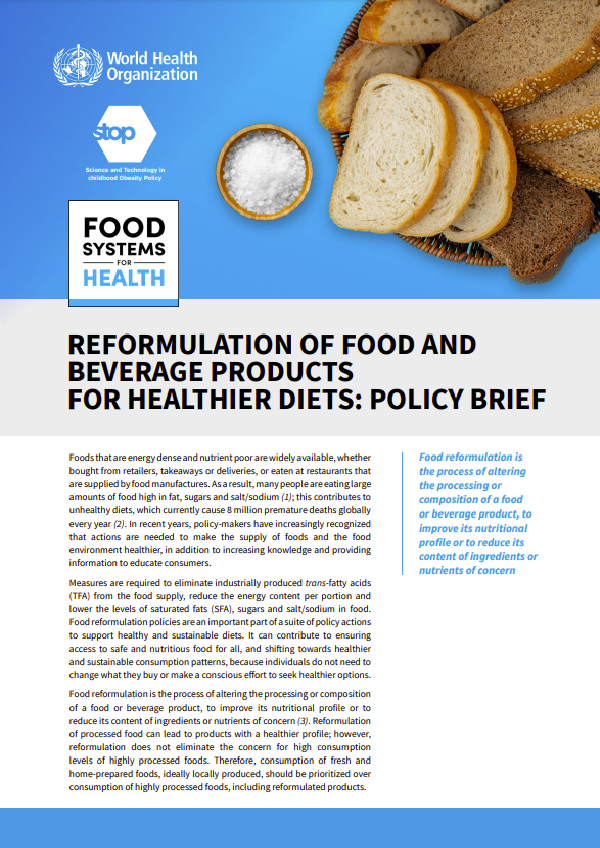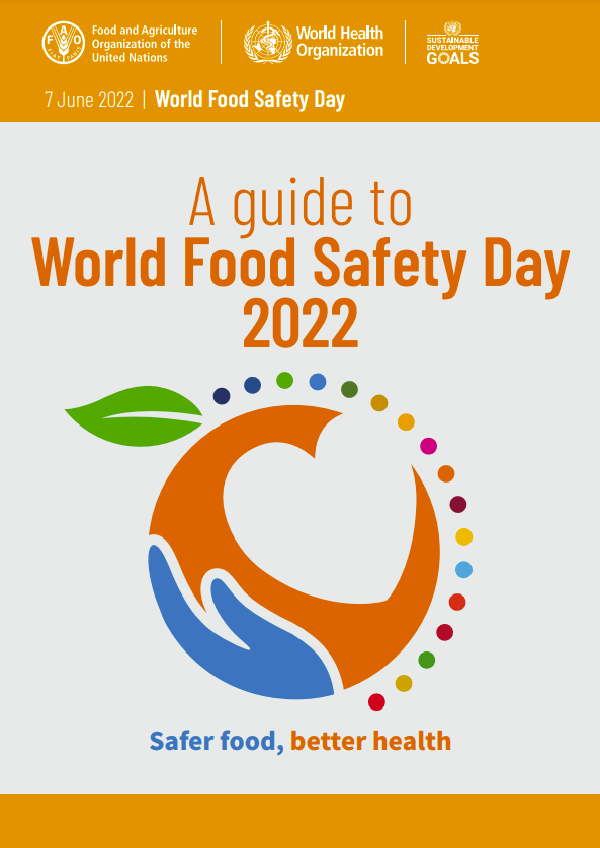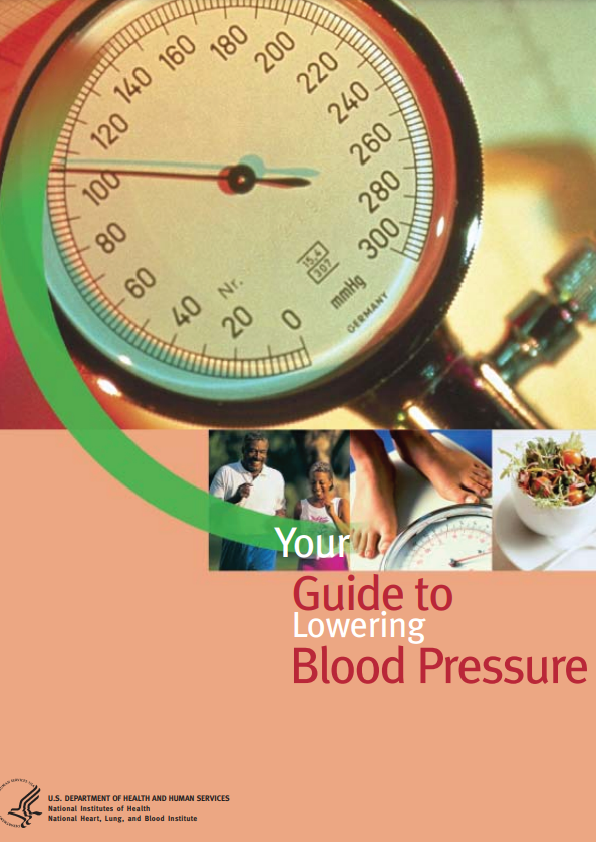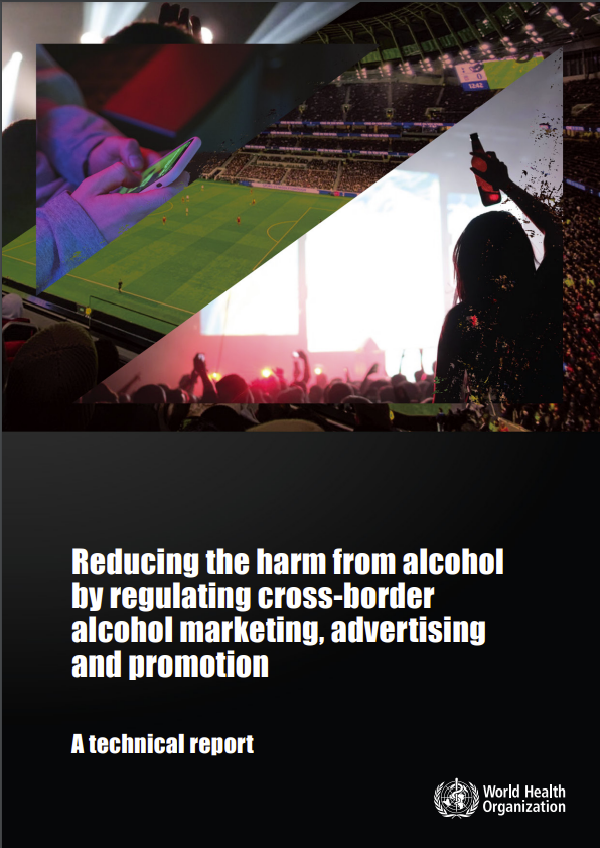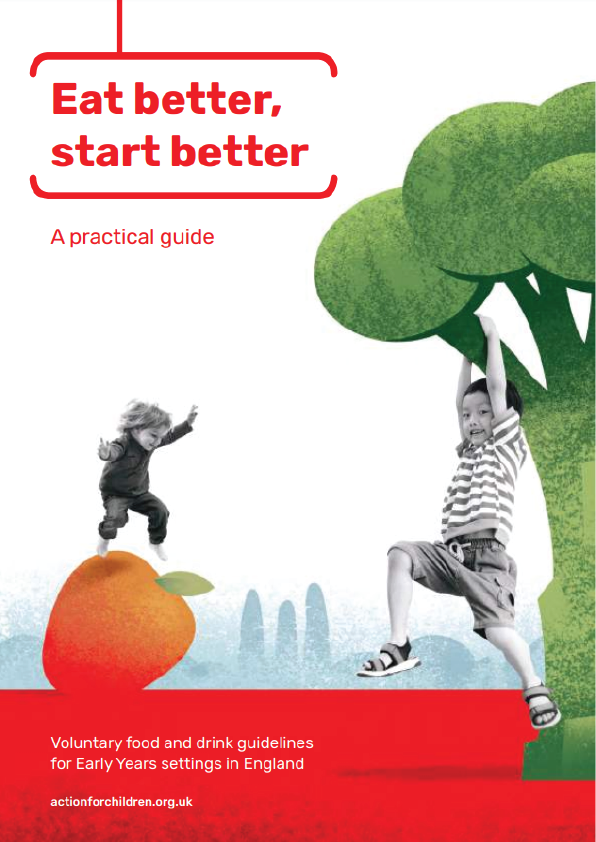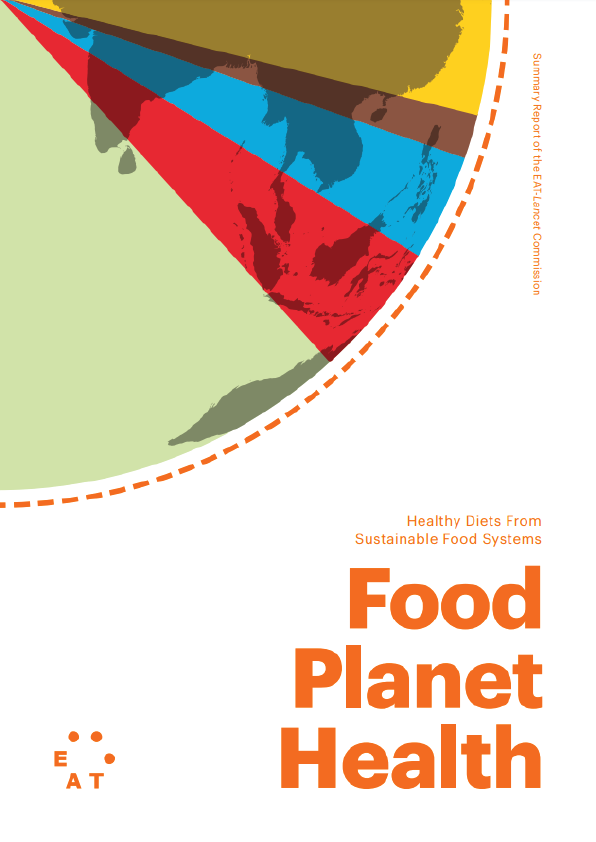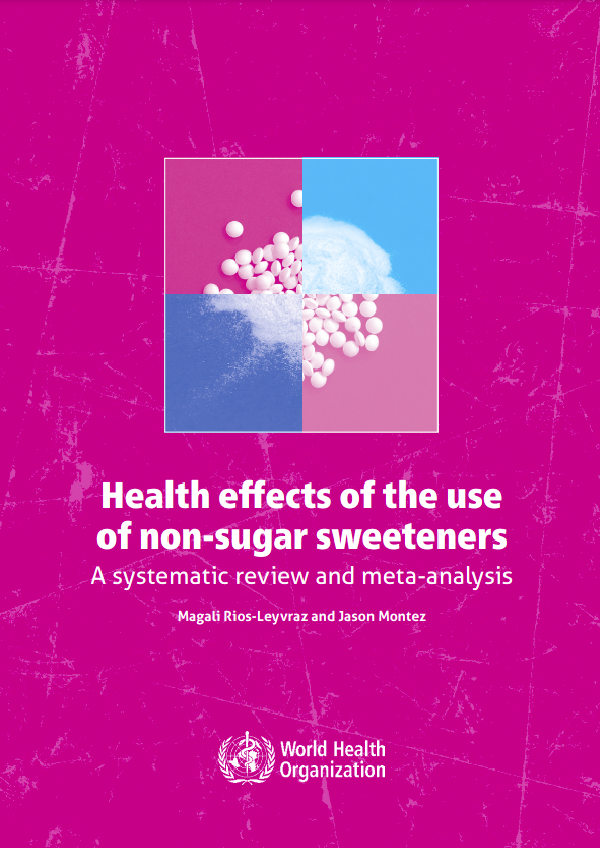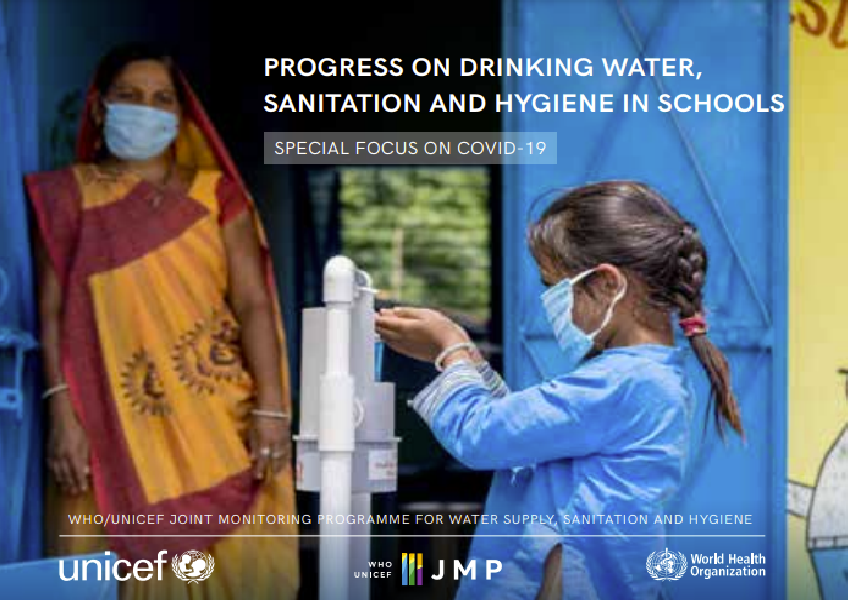Food reformulation is the process of altering the processing or composition of a food or beverage product, to improve its nutritional profile or to reduce its content of ingredients or nutrients of concern. Food reformulation can contribute to ensuring access to safe and nutritious food for all, and shifting towards healthier and sustainable consumption patterns.
This policy brief provides policy-makers and programme managers, health professionals and advocates with information and practical guidance for implementing effective policy actions to eliminate industrially produced trans-fatty acids (TFA) from the food supply, reduce the energy content per portion and lower the levels of saturated fats (SFA), sugars and salt/sodium in food.”
Foods that are energy dense and nutrient poor are widely available, whether bought from retailers, takeaways or deliveries, or eaten at restaurants that are supplied by food manufactures. As a result, many people are eating large amounts of food high in fat, sugars and salt/sodium; this contributes to unhealthy diets, which currently cause 8 million premature deaths globally every year. In recent years, policy-makers have increasingly recognized that actions are needed to make the supply of foods and the food environment healthier, in addition to increasing knowledge and providing information to educate consumers.
Measures are required to eliminate industrially produced trans-fatty acids (TFA) from the food supply, reduce the energy content per portion and lower the levels of saturated fats (SFA), sugars and salt/sodium in food. Food reformulation policies are an important part of a suite of policy actions to support healthy and sustainable diets. It can contribute to ensuring access to safe and nutritious food for all, and shifting towards healthier and sustainable consumption patterns, because individuals do not need to change what they buy or make a conscious effort to seek healthier options.
Food reformulation is the process of altering the processing or composition of a food or beverage product, to improve its nutritional profile or to reduce its content of ingredients or nutrients of concern. Reformulation of processed food can lead to products with a healthier profile; however, reformulation does not eliminate the concern for high consumption levels of highly processed foods. Therefore, consumption of fresh and home-prepared foods, ideally locally produced, should be prioritized over consumption of highly processed foods, including reformulated products.
A recent review on the impact of food reformulation on food choices, nutrient intake and health status was conducted as part of the STOP project. The review indicated the following:
- People usually accept, buy and consume reformulated products, resulting in an overall improvement in the nutritional composition of food purchases. Salt reduction in particular has higher acceptance by consumers.
- Overall, food reformulation tends to lead to improved nutritional intakes. Analysing studies from Europe and the United States of America (USA), the review found that daily population-wide salt intake after reformulation was 0.57 g lower than before. Similarly, product reformulation to reduce TFA content results in reduced TFA intake; for example, an overall decrease in intake of 38–85% was reported in Costa Rica, North America and the United Kingdom of Great Britain and Northern Ireland (United Kingdom).
- After limiting industrially produced TFA, or banning partially hydrogenated oils (PHO) in processed and restaurant foods, there was a reduction of 4.3–6.2% in mortality from cardiovascular disease (CVD) in Austria, Denmark, Costa Rica and the US. One British study on sodium reduction in foods showed a positive effect on blood pressure. The three studies that investigated the effect of reformulation on children and adolescents found similar results to those seen in adults.
